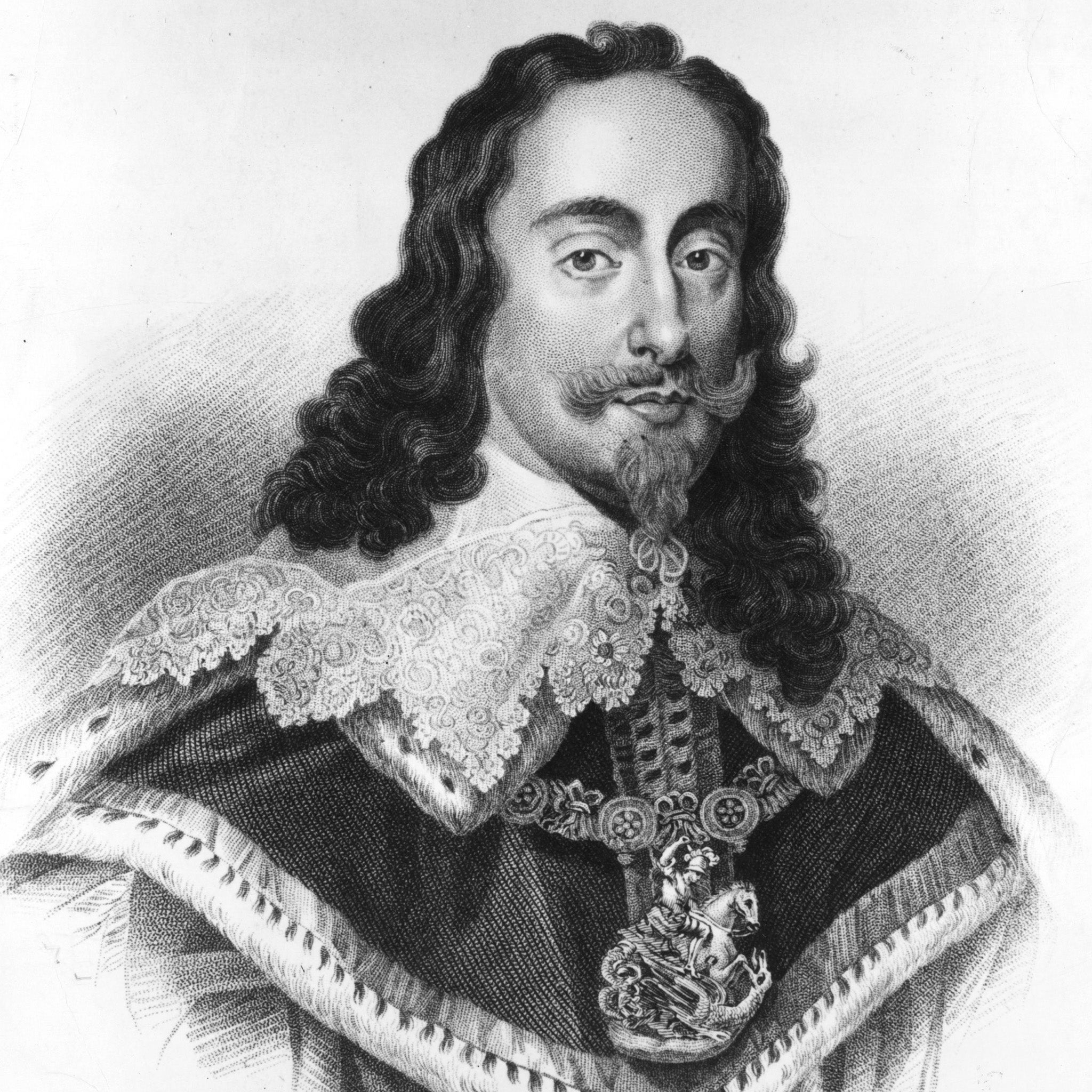The History of England Volume III: Civil War by Peter Ackroyd - book review: A smoothly readable analysis of events

Peter Ackroyd, our most industrious and prolific man of letters, is at present engaged in an ambitious, six-volume history of England, the first two volumes of which appeared in 2012 and 2013.
The third volume, covering the English Civil War and its aftermath, offers more of the same smoothly readable analysis. In pages of limpid detail, Ackroyd makes history accessible to the layman and brings difficult ideas down a level.
Oliver Cromwell, with his Puritan grit and fear of recusant Catholicism, inevitably takes up much of the action. So great was the Protector’s anti-papist animus that he saw Spanish attempts to infiltrate England as the devil’s work, no less. Almost anyone could be smoked out of hiding and sent to the gallows as a suspect spy for Philip IV.
Historians have long speculated on the religious “causes” of the 1642-1651 Civil War, but Ackroyd is inclined to see fear as an equally important motive. Those who lobbied for Charles I’s execution knew that they too would suffer a traitor’s death if the king prevailed. The slightest hostility could result in the surgical removal of one’s ears.
Religion can hardly be ignored, though. Charles I’s marriage to Henrietta Maria, the French Catholic princess, did him no favours in Puritan eyes. Like Henrietta, Charles wished for a religion of mystery, splendor and hierarchy. Puritanism, with its blood-and-brimstone egalitarianism, was anathema to his high-church Anglicanism and secret Catholicism. In spite of their differences, however, Charles I and Cromwell shared a belief in their religious purpose, Ackroyd argues.
Along the way, Ackroyd chronicles Scotland’s role in the Civil War. Charles I’s imposition on the Scottish people in 1637 of the English Book of Common Prayer was seen by the Scots as an arrogant exercise of the royal prerogative. In January 1644 some 20,000 Scots crossed the border to lend their support to the defence of the Protestant faith and overthrow of a king whose deeds smacked increasingly of prelacy and popery.
After his defeat in 1645 at the Battle of Naseby, Charles I was arrested. “You are a tyrant and a traitor”, parliament berated him days before his execution on 30 January 1649. Treason, in the new, Cromwellite definition of the word, did not denote a crime against the sovereign; it denoted a trespass against the sovereign power of the English people. By waging war on parliament, Charles I had challenged the rights and liberties of his subjects.
In the final chapter, Ackroyd chronicles the restoration of the English monarchy in 1660 and the tumultuous merriment that accompanied it. Many of the signatories to Charles I’s execution were now themselves beheaded; others were pardoned. In the Loyalist backlash against Puritan rectitude, theatres were re-opened and lavishly voluptuous plays put on.
Volume four of Ackroyd’s great unfolding work is due out next year. We can look forward to it.
Subscribe to Independent Premium to bookmark this article
Want to bookmark your favourite articles and stories to read or reference later? Start your Independent Premium subscription today.

Join our commenting forum
Join thought-provoking conversations, follow other Independent readers and see their replies